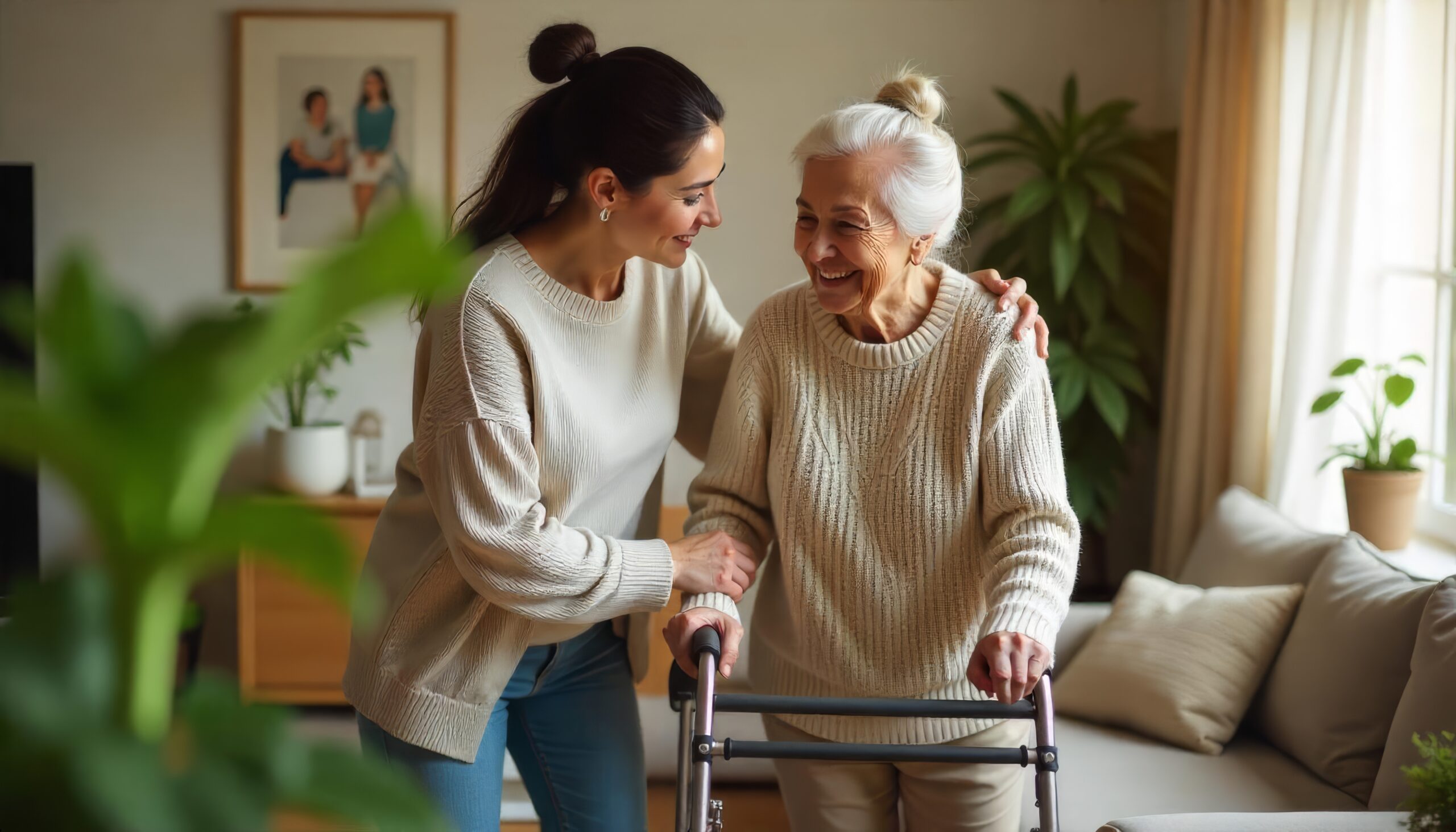
New studies show that a well-designed exercise program for seniors can delay or prevent loss of cognitive functioning well after age 90! Read the following article from the Huffington Post for help in designing an effective exercise plan.
As the weather turns cold, we have a natural tendency to hibernate and neglect our need for exercise. Generally, developing fitness plans focuses on the young and middle-aged and forget that seniors need fitness routines of their own that take into account their special needs and deficits.
FACT: By 2030, 1 in 5 Americans will be older than 65.
As people age, there is a loss of muscle mass, strength, flexibility and bone leading to a loss of mobility and, therefore, independence. Regular exercise including aerobics, strength training as well as balance and flexibility exercises can mitigate this.
FACT: New studies show that a well-designed exercise plan can delay or prevent loss of cognitive functioning until the 90’s and longer. Now that’s motivation!
In recent studies, older adults who participated in a moderate exercise program were able to increase the thickness of their brain’s cortex, the part of the brain that usually atrophies with Alzheimer’s disease. Both healthy, older adults and those already diagnosed with mild cognitive impairment (MCI) benefitted. In fact, those already with MCI showed the greatest improvement with significant improvement in memory recall.
MYTH: The elderly feel it’s too late to make significant improvements in their overall health.
Actually, strengthening muscles and improving flexibility, balance and bone density is the most beneficial thing you can do to prevent injuries and dreaded elderly falls. Now is precisely the time to work on these deficits.
MYTH: Seniors can’t exercise because they are too frail and will hurt themselves.
An exercise regimen incorporating goals specific to the elderly client while taking into account their specific deficits is best accomplished using a fitness trainer who is acquainted with the elderly and their special needs and know how much to push them for improved strength, flexibility and mobility. Just make sure all exercises are approved by a medical and healthcare team and all should be good to go!








